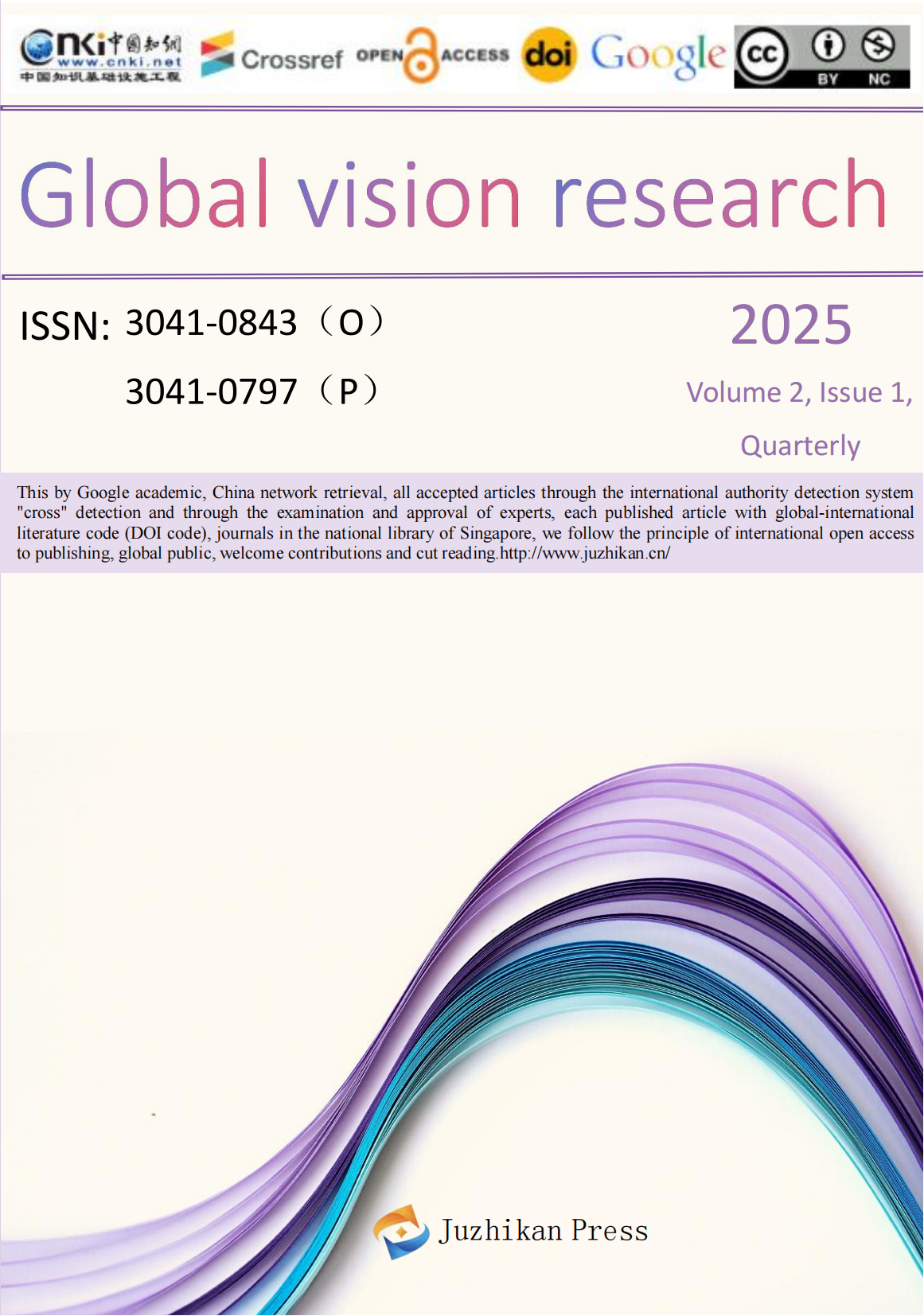 65 84368249
65 84368249 info@juzhikan.asia
info@juzhikan.asia 65 84368249
65 84368249 info@juzhikan.asia
info@juzhikan.asia
A Review of Unpacking the role of motivation and Enjoyment in AI-mediated informal digital learning of English (AI-IDLE): A mixed-method investigation in the Chinese context
Song Yuke
Xi'an International Studies University,Xi'an Shaanxi Province,710100;
Abstract: This is a comprehensive review of the scholarly work entitled "Unpacking the Role of Motivation and Enjoyment in AI-Mediated Informal Digital Learning of English (AI-IDLE): A Mixed-Method Investigation in the Chinese Context," published in the journal Computers in Human Behavior in 2024. The study was authored by a trio of distinguished researchers: Guangxiang Leon Liu from the Chinese University of Hong Kong, Ron Darvin from the University of British Columbia, and Chaojun Ma from the City University of Hong Kong. The research is anchored around five pivotal keywords. And this review is meticulously structured into three distinct sections to elucidate the study's framework, critically evaluate its contributions, and explore its implications for future research and practice in the domain of language acquisition facilitated by artificial intelligence.
Key words: motivation; enjoyment; informal digital learning of English; AI-mediated informal language learning; language learning beyond the classroom
REFERENCES
[1]Baker, R. S. & Inventado, P. S. (2014). Educational data mining and learning analytics. New York: Springer.
[2]Brown, A. & Smith, B. (2021). The impact of context on learning: A review of the literature. Journal of Educational Research, 114(2), 123-135.
[3]Dörnyei, Z. & Csizer, K. (2002). Some dynamics of language learning motivation: Change, stability, and context. System, 30(3), 437-452.
[4]Hofstede, G. (2001). Culture's consequences: Comparing values, behaviors, institutions, and organizations across cultures. Thousand Oaks, CA: Sage Publications.
[5]Johnson, R. B. (2018). Longitudinal research in educational psychology: Trends, issues, and future directions. Educational Psychology Review, 30(4), 651-670.
[6]Lee, J. S. & Johnson, M. (2022). Technology adoption and learning preferences among diverse student populations. Computers in Human Behavior,128, 107159.
[7]Liu, G., Darvin, R., & Ma, C. (2024). Exploring AI-mediated informal digital learning of English (AI-IDLE): A mixed-method investigation of Chinese EFL learners' AI adoption and experiences. System,120(103193),1-14
[8]Ryan, R. M., & Deci, E. L. (2000). Intrinsic and extrinsic motivations: Classic definitions and new directions. Contemporary Educational Psychology, 25(1), 54-67.